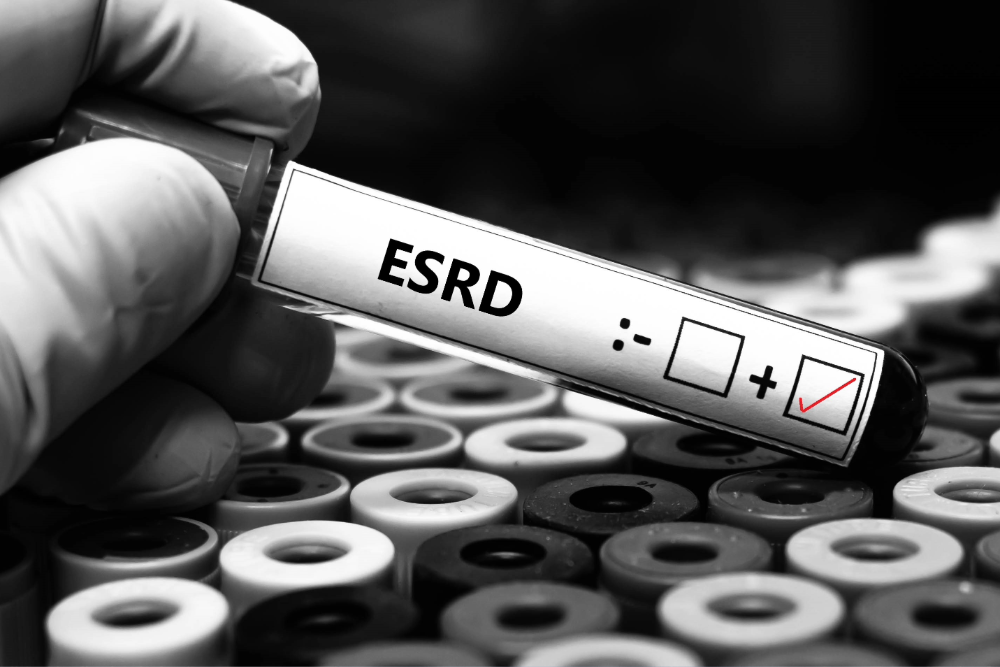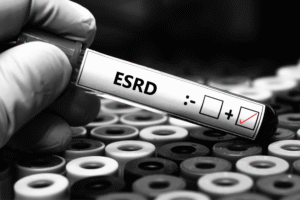A diagnosis of End-Stage Renal Disease (ESRD) can feel overwhelming—not just medically, but also financially and logistically. If you or a loved one need dialysis or a kidney transplant, Medicare coverage becomes a major factor—even if you’re under age 65. Understanding how Medicare works with ESRD and how it coordinates with an employer group health plan can help you make the best decisions for your care and your budget.
Medicare Eligibility for ESRD Patients
If you have ESRD, you can get Medicare no matter how old you are under the following conditions:
- Your kidneys no longer work
- You need regular dialysis or have had a kidney transplant, and
- You have enough work credits to qualify for Medicare. You can also qualify based on a spouse’s work history, and children can qualify if a parent has enough work history and the child is under 21 years old, or an adult dependent child if they were determined disabled before age 22.
You will be eligible for both Medicare Part A and Part B. Both parts are needed to have both hospital and medical coverage, but keep in mind that Part B does have a premium. If you are low income, you may be able to get assistance paying your Part B premium.
When does Medicare Start?
Medicare coverage does not usually start immediately when you are diagnosed with ESRD. For dialysis patients, coverage typically begins on the first day of the fourth month of dialysis treatments. However, if you do at-home dialysis training, coverage may begin as soon as the first month.
Medicare coverage can begin as early as the first month of a regular course of dialysis treatments if you meet all of these conditions:
- You participate in a home dialysis training program offered by a Medicare-certified training facility during the first 3 months of your regular course of dialysis.
- Your doctor expects you to finish training and be able to do your own dialysis treatments at home.
- You maintain a regular course of dialysis throughout the waiting period that would otherwise apply.
How does Medicare and Employer Group Coverage work together after your ESRD diagnosis?
What if you are still covered by an employer group health plan when you start dialysis? In this case, Medicare and your employer group health plan work together after your waiting period. Who pays first depends on the timing. If you have employer group coverage, then your group health plan will be the sole payer during the first 3 months of dialysis. Once you become Medicare eligible on the 4th month, you will be in what Medicare refers to as the “Coordination Period”. This means that your employer plan will continue covering you as first payer for your care, and Medicare will be second payer. If your plan does not cover 100% of your health care bills, then Medicare will pay your portion of Medicare approved care.
This coordination period will last for 30 months. After the 30-month period, Medicare will pay first for all Medicare covered expenses. Your employer group plan may still pay for services that Medicare doesn’t cover. There is a new 30-month coordination period if you leave Medicare and then have to return to after a successful kidney transplant. Medicare coverage ends after 36 months of a successful kidney transplant. So, if the transplant later fails and you qualify for Medicare again, you will have a new 30-month period .
Should You Enroll in Medicare If You Have Employer Coverage?
This decision can depend on several factors. If your group plan has a high deductible, large copays, and a high maximum out-of-pocket, then Medicare can help reduce your out-of-pocket costs. You should compare these costs against the added Part B premium. Prescription drug costs can be another big factor. Since Medicare lowered the cap on out-of-pocket expenses to $2,000 a year ($2,100 in 2026), your prescriptions could cost lest on Medicare. If your group coverage is very good with low out-of-pocket costs, then you can delay your Medicare start date until after the 30-month Coordination period.
Key Takeaways
- ESRD allows you to qualify for Medicare at any age.
- Medicare coverage for dialysis usually starts in the fourth month of treatment (earlier if you start home dialysis training).
- If you have an employer group health plan, it pays first for 30 months, then Medicare takes over as the primary payer.






